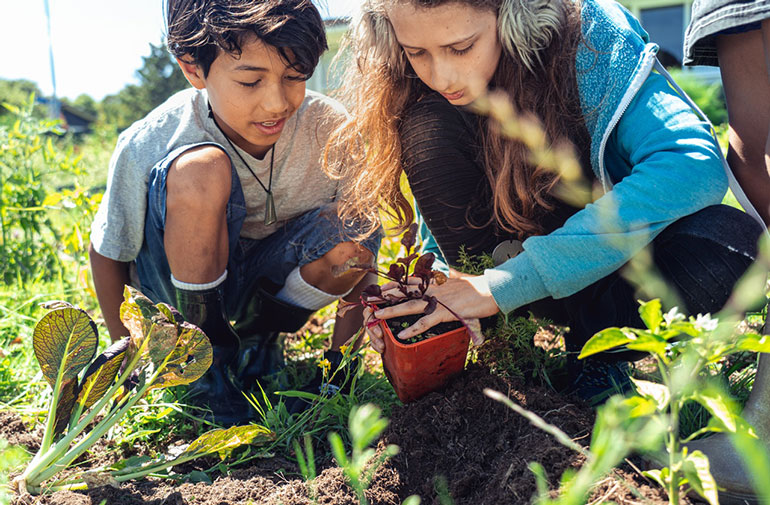Food, fibre and whenua - Kai, kaka tupu me te whenua
He rākau morimori, e kore e taea te piki.
A tree without lower branches cannot be climbed – learn fully, don’t take shortcuts.
On this page
Informal training or modelling of work habits can also teach negative habits, such as shortcuts or poor practice habits – that’s why it is important to embed formal training into Standard Operating Instructions in a business
— Gemma Peyerl, HR Manager New Plymouth, Tegel Foods Ltd
The Food and Fibre sector is traditionally described as the backbone of our economy. It has grown into a sector responsible for a significant portion of Aotearoa New Zealand’s $50 billion in exports and is an area where kaitiakitanga (stewardship) is a key part of success. Our inclusion of ‘Whenua’ (‘Land’) in the Food and Fibre Sector importantly acknowledges the need for sustainability and protection of the land that provides for us.

The Food, Fibre & Whenua sector spans all 3 districts in our region. Whilst large-scale food product manufacturers can be predominantly found in the South Taranaki District, kaimahi (workers) will often travel from the other 2 districts for these opportunities. There are a range of initiatives and training being provided in our region for the Food, Fibre & Whenua sector. However, our engagements with regional stakeholders connected to the sector revealed some clear challenges. These included struggles with external preconceptions, a historical reliance on migrant workers, and a disconnect between traditional learning and mātauranga Māori practices. Further, taiohi (youth) and kaimahi often leave formal training lacking knowledge, skills and connections that would allow them to progress.
Significant challenges also surfaced for the Agriculture and Primary Processing industries specifically. For the Agriculture industry these challenges included:
- The implementation of national policies around land use and management
- The impact of technology
- Changing workforce needs and skills required due to positive steps being taken to support kaitiakitanga practices
- The number of sole traders and small business units making workforce training and development more difficult and a lower priority for many.
Comparatively, the Primary Processing industry has been impacted by COVID-19 related border closures increasing skills and labour shortages. The industry also struggles with a lack of opportunity awareness amongst educators, whānau (family) and other influencers connected to taiohi (youth); they are unable to relay the multitude of benefits available to those working within the sector. This is being addressed by initiatives such as Taranaki Educators and Enterprises, however, the need for people with industry experience to be educating our taiohi remains.
We recognise all the current challenges within the Food, Fibre & Whenua sector. To address these concerns beyond our current Action Points, we are committed to continuing conversations with training providers, Workforce Development Councils, and industry representatives such as Taranaki Catchment Communities.

